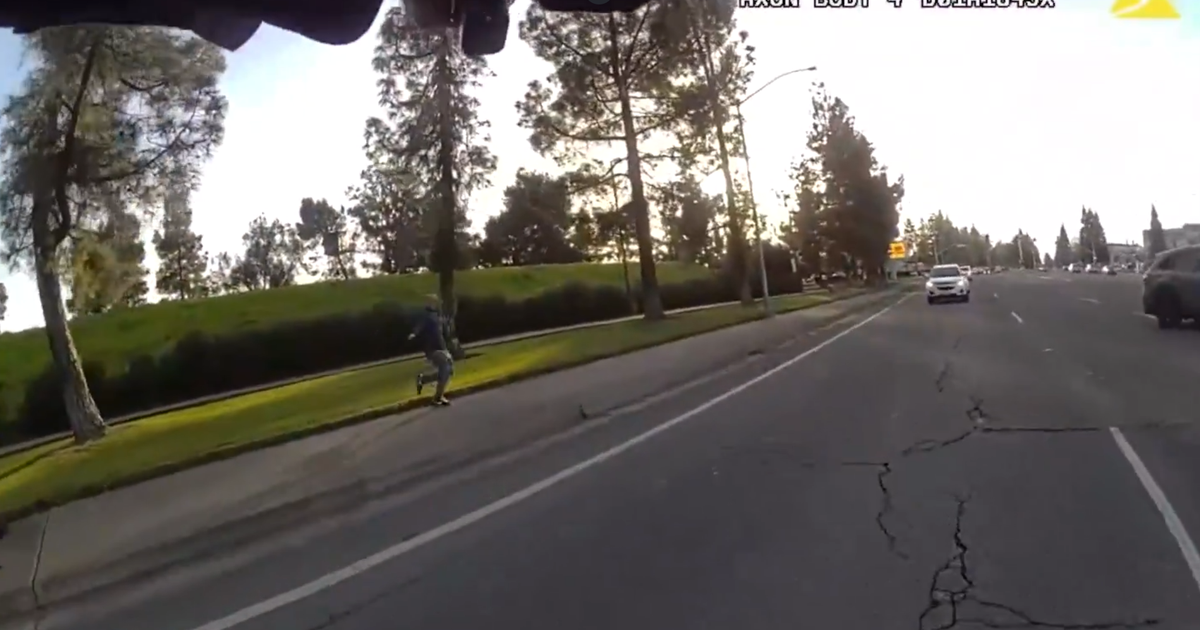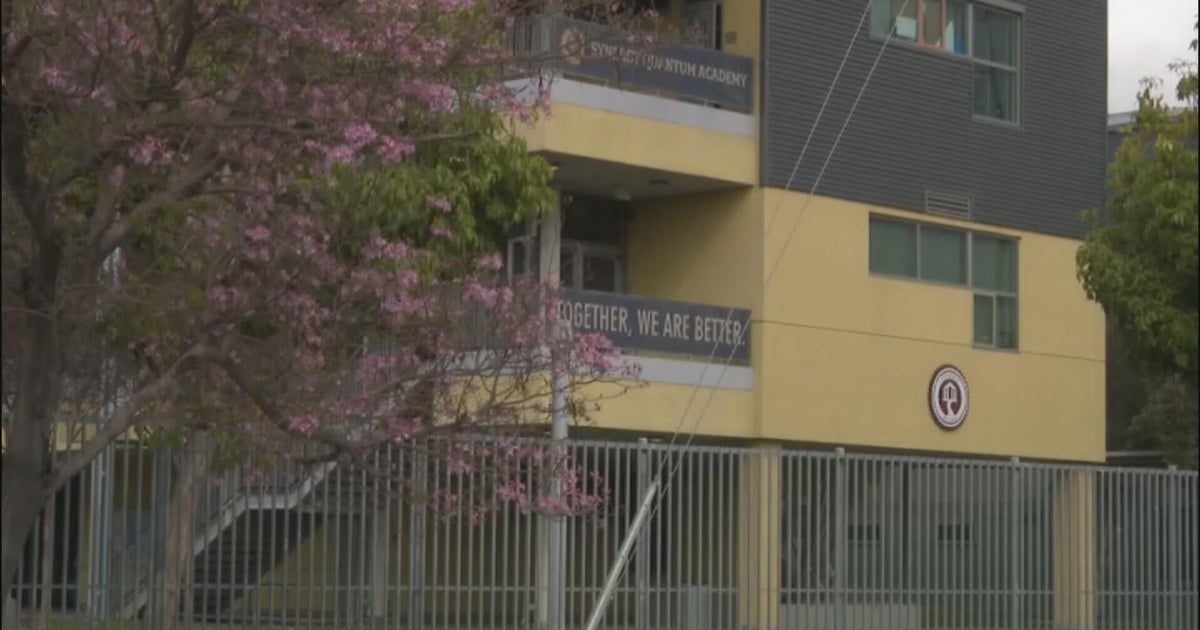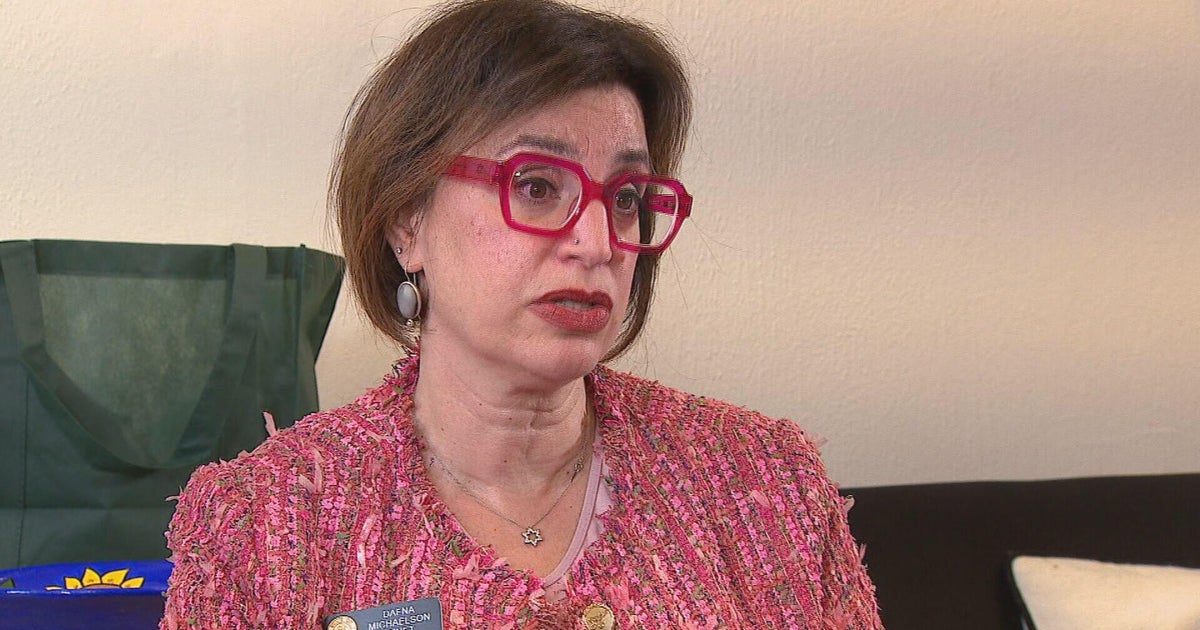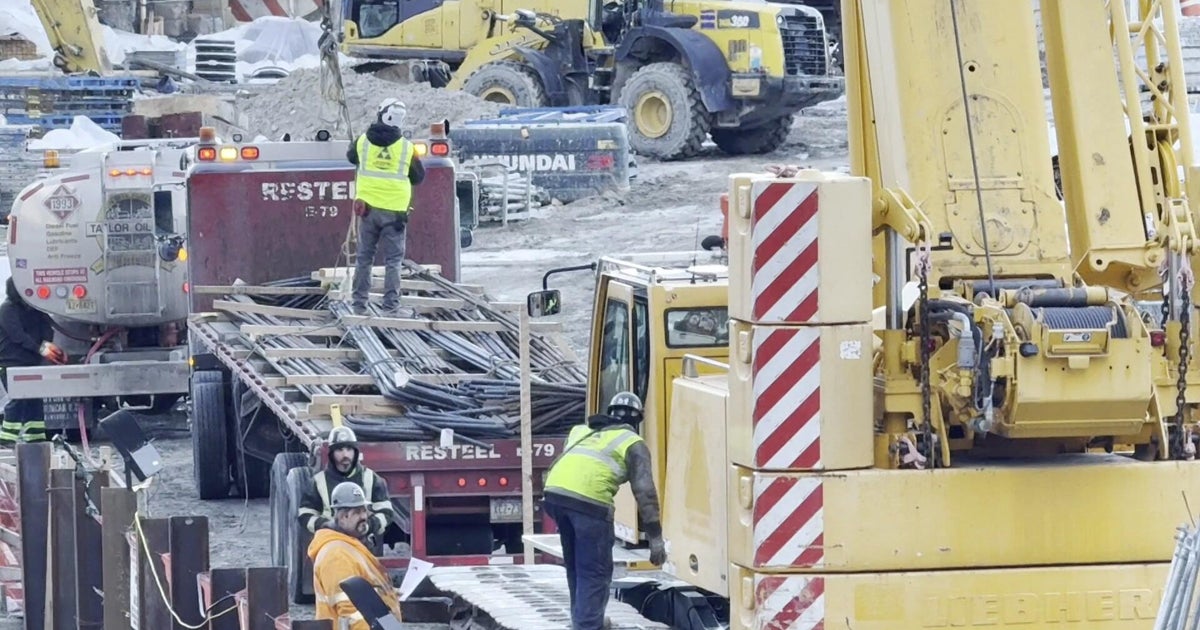Arnold's New Budget Proposal: 'Expect Ugly Cuts'
SACRAMENTO (AP) — Californians can expect a relatively simple but painful solution when Gov. Arnold Schwarzenegger unveils his plan Monday for closing a $6 billion deficit as he makes one final attempt to balance the state budget before leaving office: spending cuts.
That will be different than when he signed a budget in October after the longest impasse in state history, a plan that was criticized even before Schwarzenegger signed it for being unrealistic and out of balance.
Schwarzenegger Calls For Special Session Over $6 Billion Budget Deficit: KNX 1070's Bill Cooper reports.
Podcast
"You can expect ugly cuts," Schwarzenegger spokesman Aaron McLear said. "There's not a whole lot of ways you can go about it at this point. We have a set amount of money, less than we thought we were going to have, so we can't spend the money we don't have."
Don't expect Democratic lawmakers who control both houses of the Legislature to simply go along with whatever austerity program the outgoing Republican governor proposes. Throughout the year, they have rejected his most drastic proposals, including the elimination of CalWORKS, which provides cash and work assistance to more than 300,000 adults and more than 1 million children from needy families.
Democratic leaders have written a letter in support of a lawsuit filed by advocates to undo Schwarzenegger's veto of $133 million in mental health services for special needs students. They also said they would like to restore child care subsidies for former welfare parents that the governor cut, saving $256 million.
"We will be open and look at what Governor Schwarzenegger proposes, but I'm going to be looking to see whether or not the approach he suggests is comprehensive," said Senate President Pro Tem Darrell Steinberg, D-Sacramento.
Rather than simply tackling the current-year deficit, Steinberg said he would like lawmakers to take a multiyear approach.
Republicans caution against delaying difficult decisions as California's budget deficit is expected to grow to $25.4 billion through June 2012. They urged Democratic leaders to make cuts, whether or not they accept the governor's proposals.
"This problem is worse today than it was because of the procrastination and the tendency to want to delay making the tough decisions. You might call it a failure to lead and to govern," said Senate Minority Leader Bob Dutton, R-Rancho Cucamonga. Schwarzenegger is expected to release a package of bills to address the fiscal crisis when lawmakers are called into special session Monday, when new lawmakers are sworn into office. It would be Schwarzenegger's 18th special session since taking office in 2003 -- more than any governor in the state's history.
Much of the $86.6 billion budget for the coming fiscal year that Schwarzenegger signed Oct. 8 was filled with overly optimistic revenue assumptions, cost shifts and about $3.5 billion in federal funding that the nonpartisan Legislative Analyst's Office predicted would not materialize.
Schwarzenegger noted that the Republican takeover of Congress will make it even harder to secure federal aid.
Voters also have put restraints on the steps lawmakers can take.
Last month, they approved Proposition 22, which prohibits the state from borrowing money from local governments. That is forecast to leave an $800 million hole next year.
Voters also made it harder for lawmakers to increase fees. As with taxes, fee hikes will require a two-thirds vote in the Legislature, a virtually impossible threshold because Republicans have said they will not approve new taxes or fees.
Jean Ross, executive director of the California Budget Project, a Sacramento-based nonprofit that advocates for lower- and middle-income families, said the incoming governor, Democrat Jerry Brown, and the Legislature face an "incredibly tough budget year."
While the state does not face a cash shortage, the economy remains weak, temporary increases in some state taxes are set to expire, federal stimulus money is running out and Congress, led by a newly elected Republican majority in the House, is in no mood to offer any more aid to states.
"What may happen is that the cuts proposed by the governor in January and May, we'll see again," Ross said.
After accepting a series of cutbacks to public schools and social services amid the national recession, Democrats are looking forward to working with fellow Democrat Brown, even if the economy remains shaky and the revenue outlook dim.
Brown announced that he will hold a series of meetings focused on different aspects of the budget as he tries to build broad agreement on the scope of the problem. The first such meeting is scheduled for Wednesday in Sacramento.
Democrats were given one boost by voters last month with passage of a ballot initiative lowering the legislative voting threshold to pass a budget from two-thirds to simple majority, meaning they can do so without Republican support.
The high threshold was often blamed for long budget delays that encouraged Republicans and some Democrats to withhold their votes until they were able to extract concessions, often on issues that had nothing to do with the budget.
How much that will help is unclear, because Democrats cannot raise taxes or fees without some Republicans agreeing. Because the Legislature also is unable to borrow from local governments, top-to-bottom spending cuts are among their few options.
Democrats appear in no hurry to work with Schwarzenegger.
Lawmakers have 45 days to act after the governor declares a fiscal emergency and calls a special session, and Schwarzenegger will be out by then.
"Once the governor announces his proposal, then we'll evaluate it," said Shannon Murphy, spokeswoman for Assembly Speaker John Perez, D-Los Angeles.
Brown will have to present his own spending plan for the 2011-12 fiscal year a week after being sworn in on Jan. 3. Republicans warn that the longer Democrats wait, the more difficult the decisions will become.
"We've been down this road so many times," said Assemblywoman Connie Conway, the new Republican Assembly leader from Tulare.
"What I hear from constituents and voters is 'Times are tough. You need to fix this problem, and you need to fix it now."'
(© Copyright 2010 The Associated Press. All Rights Reserved. This material may not be published, broadcast, rewritten or redistributed.)







